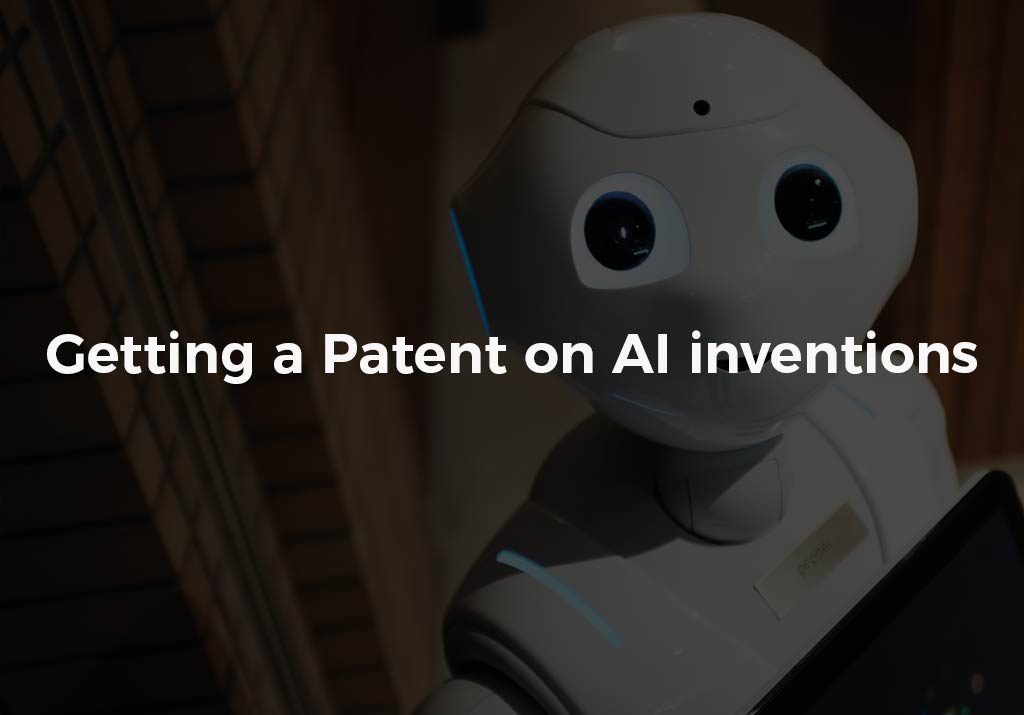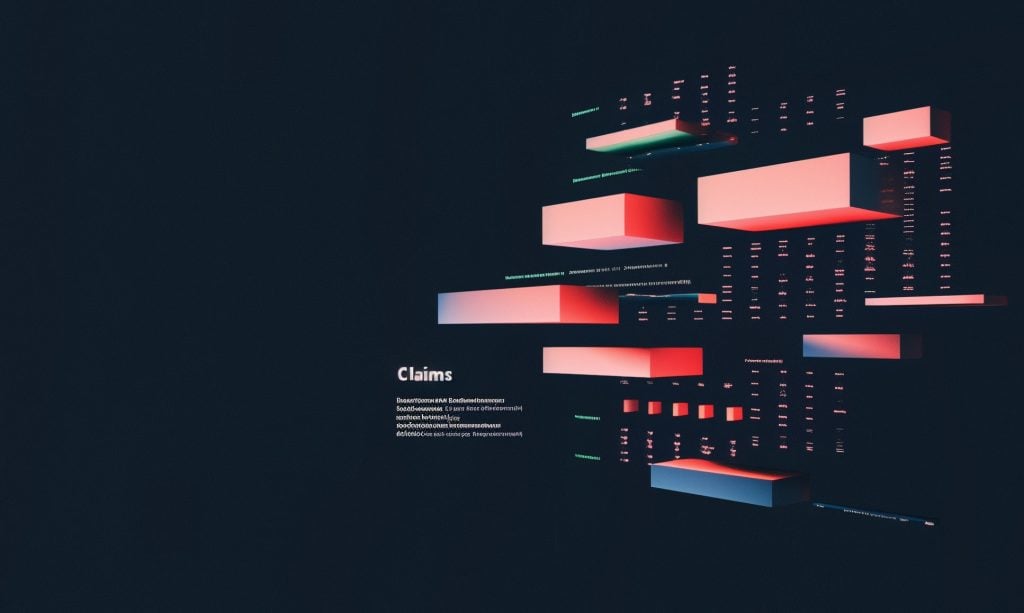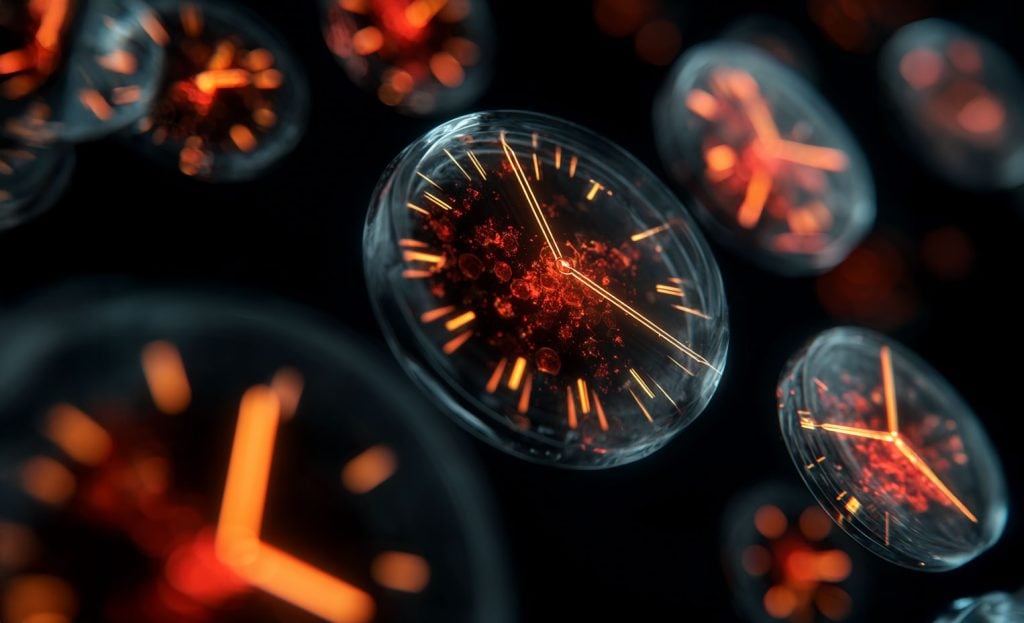The realm of artificial intelligence is brimming with innovation, and where there is innovation there is a need for patent protection. What makes the task of seeking patent protection for AI-based inventions tricky is that AI-based inventions are often based on unique algorithms being put to use in a particular way to help the AI technology make decisions. Abstract ideas and algorithms are not patent-eligible subject matter in their own right, so how does someone who has created an AI innovation obtain patent protection for their intellectual property?
When AI is Patent Ineligible
In the US, patents are granted only for patent-eligible subject matter. Subject matter that is eligible for patent protection can be found in 35 USC 101 and includes machines, processes, articles of manufacture, and compositions of matter, and improvement thereof. None of those patent-eligible subject matter categories is a good fit for an AI algorithm, nor does the underlying idea of an AI technology. The underlying software for an AI invention doesn’t cleanly fit into any of these categories either.
The US courts have specifically identified three types of subject matter that are expressly not eligible for patent protection. These three exceptions to patent eligibility are known as the three judicially created exceptions to patent eligibility. They include:
- Abstract ideas,
- Natural phenomenon, and
- Laws of nature.
Patent applications directed to any of the three judicial exceptions will be rejected by the United States Patent and Trademark Office as patent ineligible subject matter.
AI-related inventions that are directed to an innovative algorithm that makes the AI learn or the software code underlying the AI invention would likely not be patent eligible since these two aspects of the AI invention would likely be deemed abstract ideas. This makes sense since algorithms and software code would not fall into one of the patent eligible subject matter categories under 35 USC 101, and would likely fall into the category of a judicially created exception to patent eligibility (i.e., as abstract ideas).
Other IP protection strategies might be better suited for protecting AI algorithms and software, such as trade secret protection for the algorithm and copyright protection for the software code.
Is There Any Aspect of AI–Related Inventions that Can Be Protected with Patents?
Certainly. The AI-related technology must go through an innovative process to make decisions and learn, right? The process that the AI invention performs could be eligible for patent protection because fortunately, a process is one of the four categories of patent-eligible subject matter under 35 USC 101.
AI-related inventions can be claimed as a process or method in a patent application. Similarly, there could be other aspects of the AI-related invention that are patent eligible as well. For instance, if the AI-invention includes a user interface, various aspects of the user interface for the AI could be patent eligible, either as an apparatus/machine or perhaps as a design, which could be protected with a design patent.
The Rapacke Law Group is forward-looking and wants to help inventors of AI technologies secure the IP protections that they need. Navigating the patent system with an AI-related invention can be challenging and we can help. Contact us today for a free initial consultation with one of our patent attorneys.




